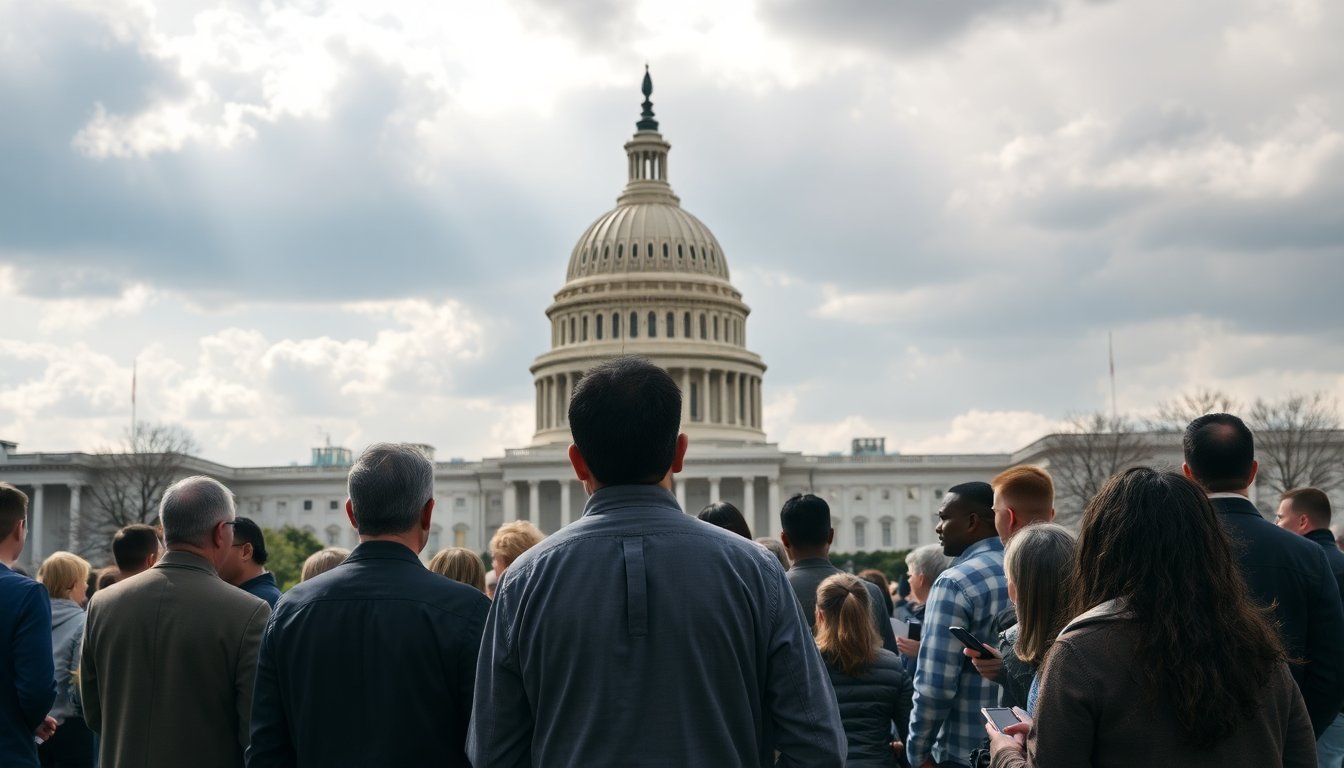Table of Contents
In a notable shift from the past, Vice President Kamala Harris recently confirmed the election victory of Donald J. Trump during a brief session. This moment starkly contrasts with the tumultuous scenes witnessed four years prior, signaling a new era in American politics.
The announcement took place straightforwardly, without the dramatic tension that characterized previous transitions. This simplicity not only signifies a change in the political climate but also indicates a potential shift towards more stable governance.
The Significance of a Calm Certification Process
The recent certification by Harris underscores the importance of a peaceful transition of power in the United States. Historically, such transitions have been laden with tension and uncertainty. However, recent events suggest a growing trend towards a more cooperative political atmosphere.
In the context of American democracy, a smooth certification process is crucial. It reinforces public trust in the electoral system and underscores the legitimacy of elected officials. By ensuring that the announcement was devoid of chaos or division, Harris set a precedent for future administrations. This approach may encourage a collaborative spirit among political entities moving forward.
Lessons from the Past
Reflecting on the previous election cycle, the atmosphere was anything but serene. The 2020 election saw significant unrest and disputes regarding the results. The certification process was marred by allegations of fraud and widespread protests, culminating in a turbulent Capitol siege. This stark contrast to the recent session highlights the importance of learning from past experiences.
By comparing the two scenarios, one can discern how a lack of drama can pave the way for a more effective governance strategy. The calmness displayed during the certification offers a vital lesson: the necessity of unity and respect for democratic processes.
Implications for Future Political Dynamics
As the political landscape evolves, the implications of Harris’s announcement extend beyond the immediate context. It raises questions about the future dynamics between the executive branch and Congress. A smooth transition could foster a more productive relationship, allowing for collaborative policymaking and governance.
Furthermore, this event may influence public perception of political leaders. A non-contentious certification could help restore confidence in government institutions, as citizens witness a commitment to upholding democratic principles. Such developments could lead to increased civic engagement and participation in the electoral process.
Looking Ahead
As the nation moves forward, the significance of this certification cannot be overstated. It represents a commitment to continuity and stability in governance. Harris’s announcement serves as a reminder that the essence of democracy lies in the peaceful transfer of power and the collective responsibility of all political actors.
Ultimately, the success of future political endeavors will depend on leaders’ ability to build bridges rather than walls. The recent certification can serve as a foundation for fostering a political culture that prioritizes dialogue and cooperation over conflict.


